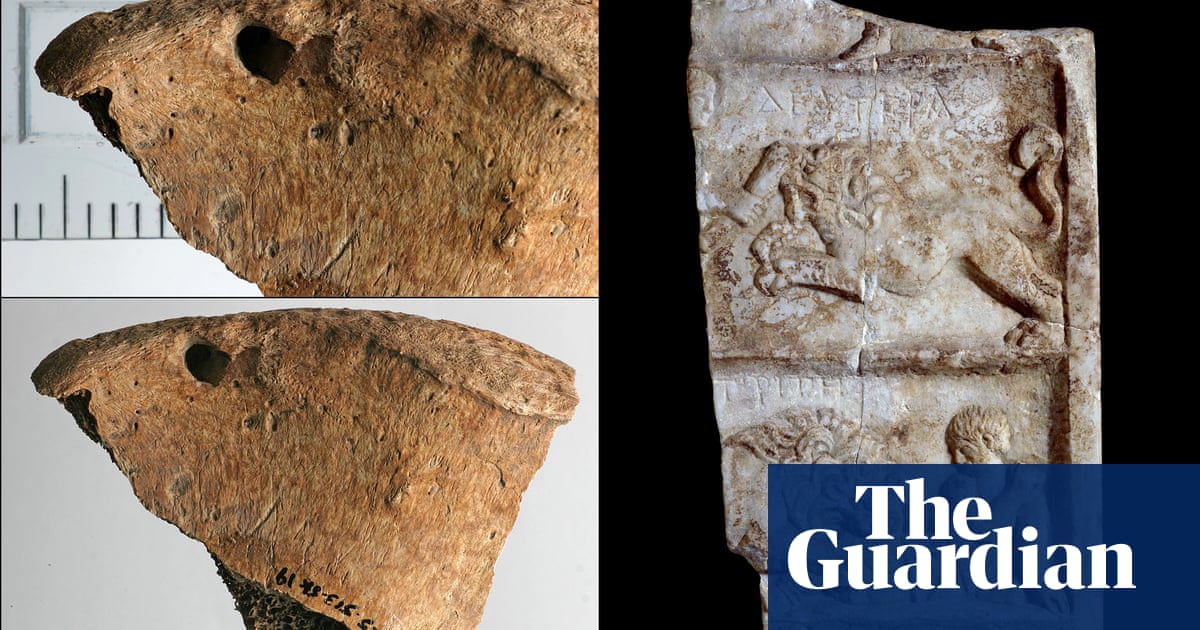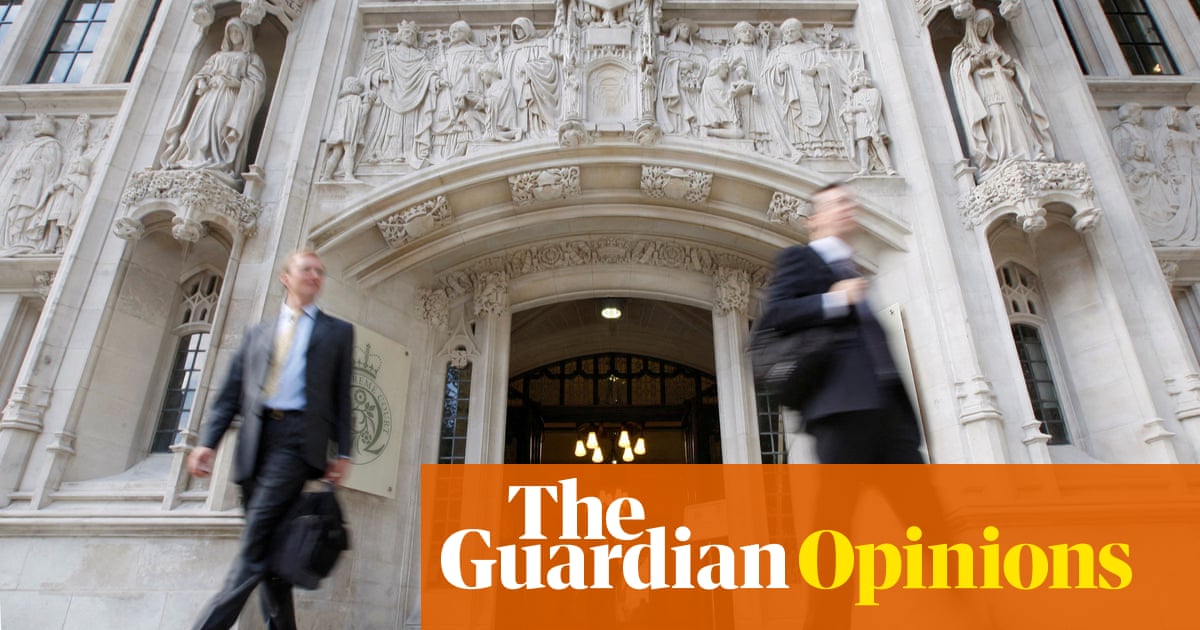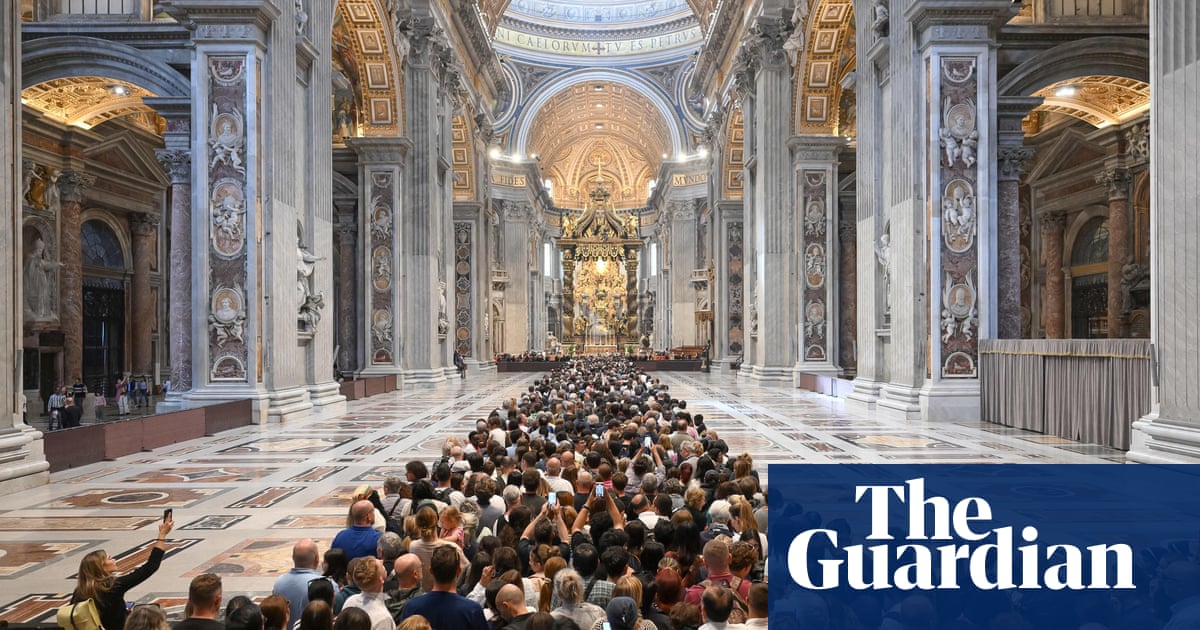Opposition politicians in Scotland have called for King Charles to lose his unique exemption from paying stamp duty on his property transactions.
The Scottish Green party has tabled changes to a housing bill which would require the king to pay tax on any new property he buys in Scotland in the same way as all other property buyers would.
Under a longstanding convention, British monarchs are exempt from paying taxes, including on their personal income, shareholdings, inheritances, property transactions or business income from their extensive private estates.
However, the king voluntarily pays the standard rate of income tax on some of his personal income, and capital gains tax. The royal household would not comment on the Scottish Green proposals but said he also pays local property rates voluntarily.
The king personally owns more than 80 houses in Scotland on his extensive private estates at Balmoral and Delnadamph in the Highlands, as well as Balmoral castle itself, his holiday retreat at Birkhall, and part of a Georgian townhouse in Edinburgh.
He inherited the properties after the queen died but he did not pay inheritance tax. The estates and houses are conservatively estimated to be worth at least £80m and are run on his behalf by a private trust.
Ross Greer, the Scottish Greens’ finance spokesperson and a republican, said the royal family ought to pay the same taxes as everyone else.
“The Scottish Greens would obviously scrap the monarchy in a heartbeat, but even royalists must agree that this is an absurd and undeserved perk for someone more than capable of paying his fair share towards our public services,” he said.
“The Scottish parliament may not have the power to end every tax perk enjoyed by the Windsors, but we can end this one and set an example for the UK government to follow.”
Greer’s amendment would delete a section of the Land and Buildings Transaction Tax (Scotland) Act 2013, which controls property sales taxes in Scotland, to remove the part which states: “Nothing in this act affects [his] majesty in [his] private capacity.”
A Scottish government spokesperson confirmed that Greer’s proposals will be considered by MSPs during the local government’s committee’s review of the bill during stage 2 of its passage through Holyrood.
Under the Scottish system, anyone buying a home worth more than £145,000 pays a transactions tax of 5-12%, depending on its value, as well as an additional dwelling supplement for second homes or rental properties.
Votes of this kind are very rare in any UK legislature but Holyrood has slowly begun reforming how it approaches the royal family’s constitutional privileges.
Ministers must now tell MSPs at an early stage if the king has been allowed to vet a new bill in advance, often to ensure the monarch is personally exempt from that legislation. This mechanism is known as crown consent.
This follows a Guardian investigation which found the then queen had personally vetted at least 67 pieces of Scottish legislation; Scottish civil servants admitted some had been amended to secure her approval.

 5 hours ago
6
5 hours ago
6













































